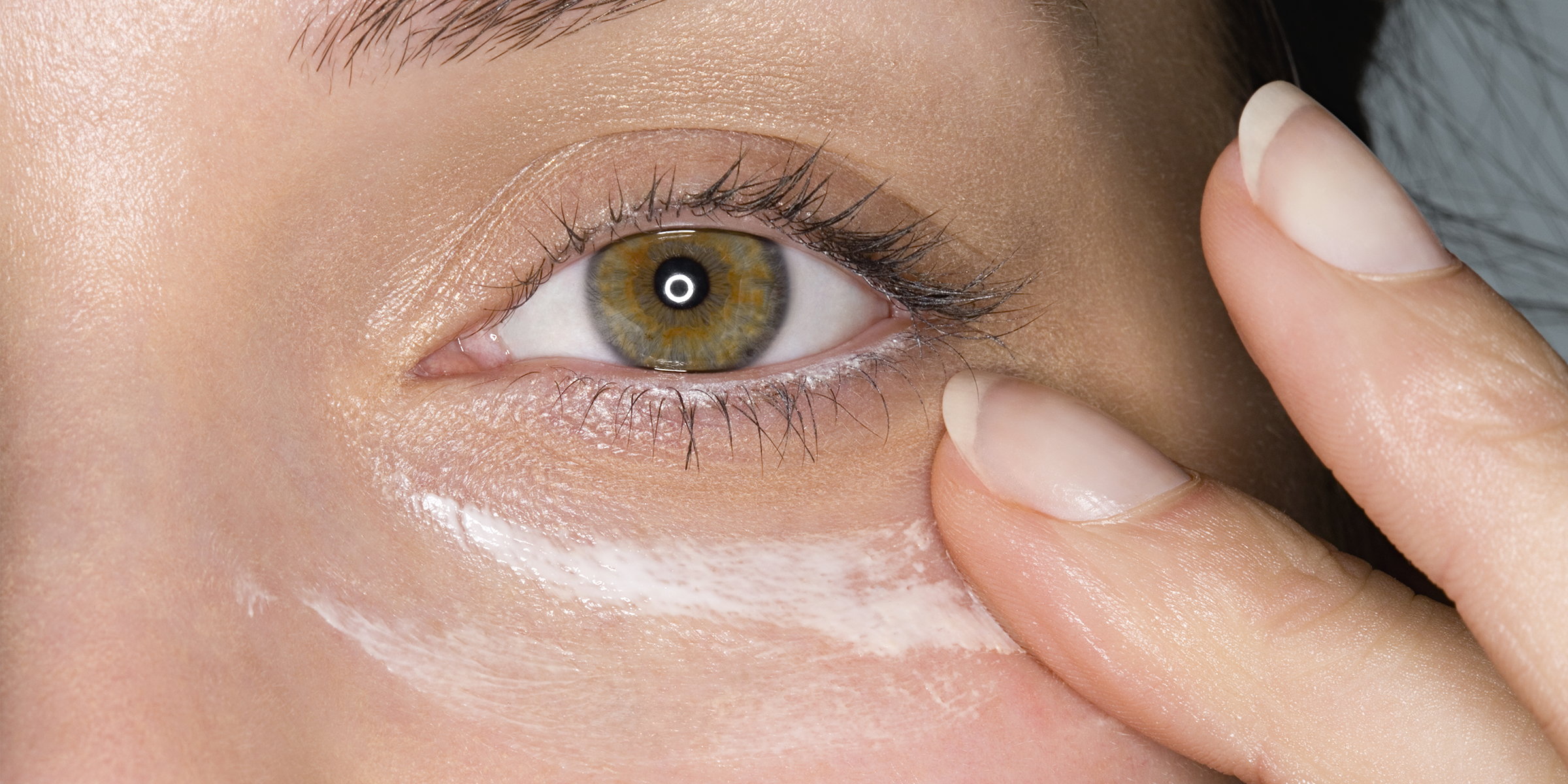Acne is a common problem during pregnancy, among other skin conditions, and can persist after birth. Extra precaution needs to be taken when it comes to the types of medicines you use for acne while breastfeeding.
That’s because whatever you absorb into your body can be transferred to your baby via breast milk. Newborns can be more affected by drugs than babies six months or older.
It is crucial to learn about acne medicines and topical products that mothers should avoid. Retinol is one of the most controversial ingredients in things like acne creams, up next we’re going to tell you more about it.

Retinoid Beauty Creams
With the launch of new beauty creams containing Retinol for reducing wrinkles, the questions about other products containing the ingredient have increased.
These questions are especially important for pregnant women and breastfeeding moms.
The alcohol type of the vitamin A molecule is called Retinol. It is respected for its ability to improve collagen, reduce fine lines, raise cellular turnover, dissolve oil, and make pores appear smaller.
Oral Retinol (Oral Isotretinoin)
Retinoids are also embroiled in controversy, especially Retinol. This is primarily due to the oral drug Accutane, the most widely recognized retinoid, which in the 1990s was related to congenital disabilities and liver toxicity.
There are distinct differences for oral retinoids and topical retinoids; topical Retinol is deemed less toxic.
Topical Retinol vs. Oral Isotretinoin
Oral Isotretinoin appears to be the most effective treatment for extreme acne and many more mild cases of illness that do not react to other treatment modalities.
The US Food and Drug Administration first approved oral Isotretinoin (13-cis-retinoic acid) as a treatment for extreme acne in 1982. It affects the progression of the cell cycle, cellular differentiation, cell survival, and apoptosis.
This is why Accutane is so effective in treating acne as a systemic treatment. It penetrates your entire system and decreases the amount of produced sebum. When you are pregnant or breastfeeding, this could be a significant risk.
Topical Retinol is the opposite of Oral Isotretinoin. Since Topical Retinol is not systemic, not absorbed by all the tissues, toxicity is not at the same degree of concern.
Topical Retinol acts to enhance the look of the skin and decrease the appearance of aging in various ways. But it doesn’t penetrate the bloodstream, unlike the oral one.
Is Topical Retinol Safe For Breastfeeding Moms?
There are conflicting views on whether using topical retinol products when breastfeeding is dangerous or not. There are still preliminary studies about the amount of Vitamin A that can be harmful to you and your infant.
Topical Retinol medications are unlikely to cause a problem while breastfeeding, but again with the controversies surrounding these kinds of product, its best to look for safer options:
Natural Acne Solutions
Light Therapy
Blue and red light therapy are very effective in treating acne and inflammation associated with breakouts. The blue and red light destroys the bacteria P. acnes that cause acne and appear to lessen inflammation.
Lifestyle Modifications
Having a good night’s sleep may help clear acne by stabilizing stress hormones such as cortisol, which can activate acne, but a breastfeeding mom-find this almost impossible.
Milk products and sugar can also make acne worse, so it is better to avoid them and try consuming vitamin A-rich fruits and vegetables (spinach, sweet potatoes, mangoes, carrots, asparagus, tomatoes, watermelon, apricots, etc.).
Non-Toxic
Benzoyl peroxide, another topical acne drug, is a natural way to kill skin bacteria when breastfeeding. Salicylic acid (SA) can also unclog pores securely.
SA is in the same family as aspirin, and high doses should not be used during pregnancy, although it is perfectly safe to use during breastfeeding.
Azelaic acid, glycolic acid, lactic acid, and vitamin C can also be used safely during breastfeeding.
Avoid Potential Problems
For breastfeeding mothers, learning how to prevent acne safely is essential. Take the time to review everything you eat and all the items you use. It is always best to err on the side of caution regarding you and your baby’s health.

Conclusion
At this point, we don’t know exactly how much topical retinol is ok if you are breastfeeding a newborn. It is best to consult with your doctor or try and use natural solutions to get rid of your acne instead.







